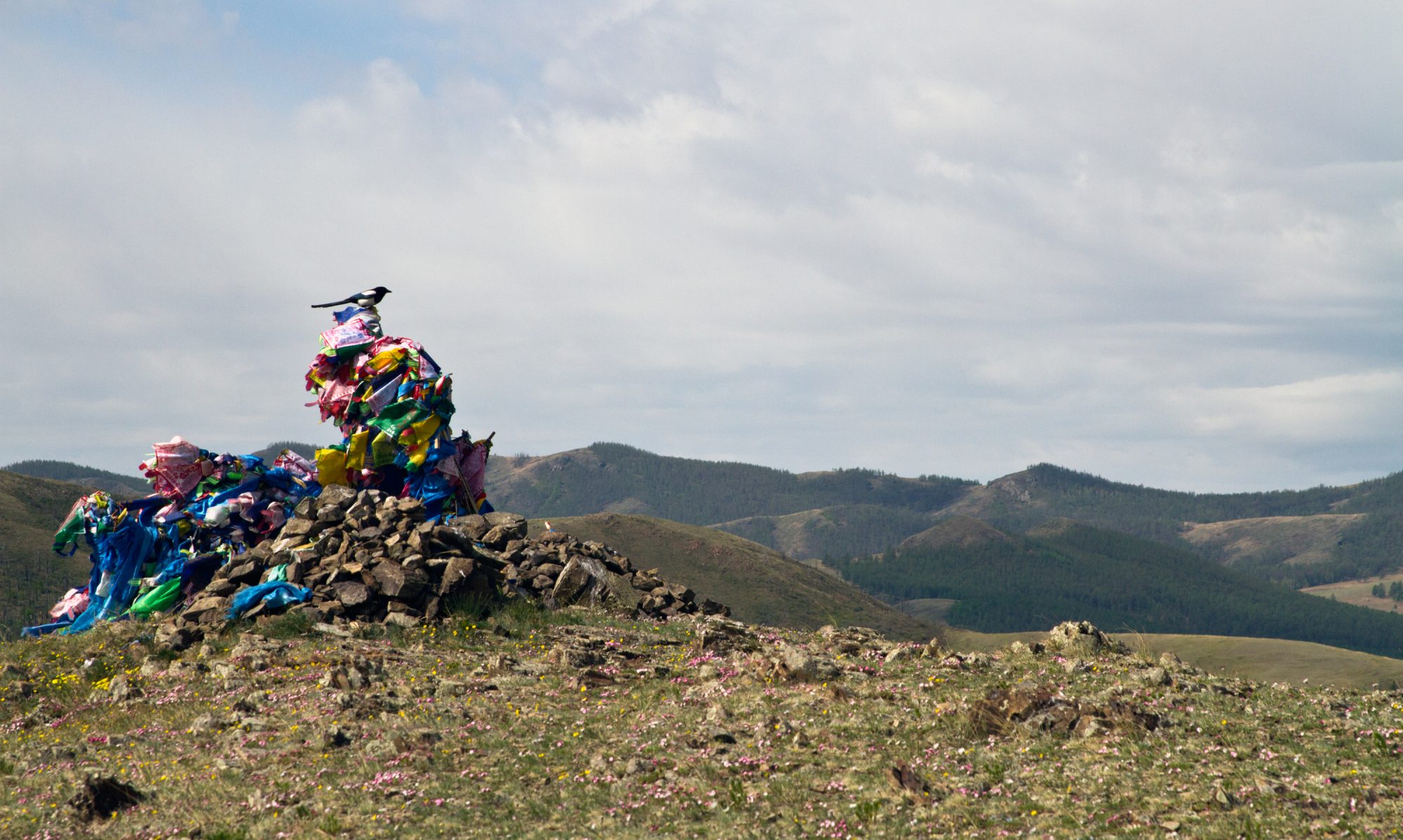[T]here was a general urge to complete the operation quickly and get out, for the unventilated huts were made of planks of unseasoned, resinous pine which, after being impregnated with dirty water, urine and sea air, began to ferment in the sun and give off a warmish, sweet and nauseous odour; this, added to other smells, very soon became intolerable, especially when there was a swell.
One of the things I like best about Tristes Tropiques is the pleasure it takes in getting the sensuous detail right. There’s a kind of knowledge muscle it likes to flex as well: “unseasoned, resinous pine” has the ring of expertise to it that pulls the trust from me needed to allow him to give me the whole picture of the cramped, unpleasant on-board showers. It’s the same kind of implication of explanatory power that helps me take in his picture of wartime Martinique, with its purposeless guard, confused as to which side they were on and who their enemy was, taking out their agression with bureaucracy on a helpless boatful of refugees.

I hadn’t really thought about details providing authority, but I think you’re right. The ‘truth’ one feels in his observations of his fellow passengers (the ones who like privacy when they poo have to get up earlier and earlier in the morning to find that solitude, as others discover that it’s quieter in the morning (and possibly less smelly?)) build up confidence in the ‘honesty’ of his narration. The scare-quotes don’t mean I think he’s lying, but are just to emphasize the qualities evoked by his carefully crafted narrative.
I think I have more to say on this, but need to give it a good think.
You’re right; there’s the “expert” social detail in addition to the sensual, with the same disarming effect. It’s a little like the insecure novelist who wants to show that he knows all about what they stock at the shop his character prefers, even if it’s not his scene.